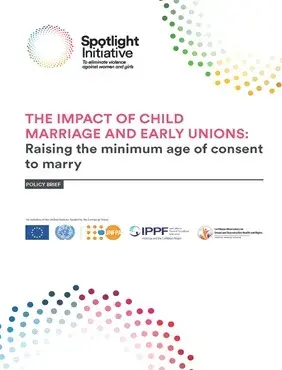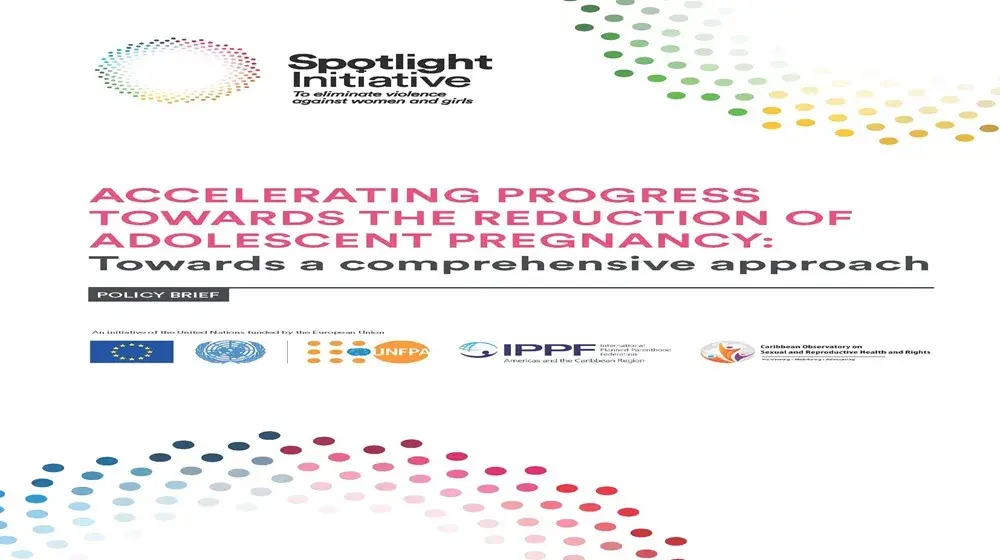Child marriage is considered one of the factors that lead to an increase in the adolescent fertility rate as it provides a legal space within which women under 18 can become pregnant. Early unions in Latin America and the Caribbean (LAC) often take the form of an informal union, in which a girl lives with a partner, rather than a formal marriage.1 The legal recognition of cohabiting unmarried couples in several of these countries makes this a relevant consideration distinct from marriages made formal within civil registries when measuring the extent to which the practice has been eliminated.
Child marriages and early unions constitute “harmful practices” under International Human Rights law, with harmful implications for the child, the spouse, as well as broader developmental and social consequences. The elimination of harmful practices such as child marriage is one of the targets under Sustainable Development Goal 5; the continuation of the practice puts the Caribbean region at odds with its development goals.





